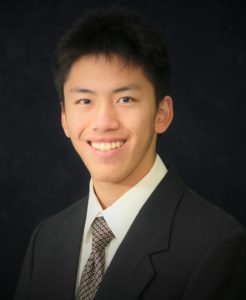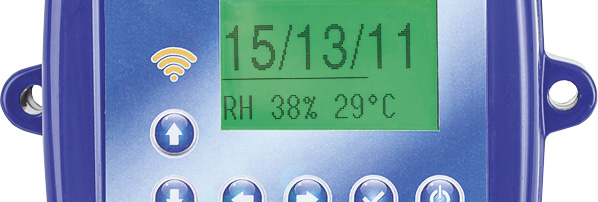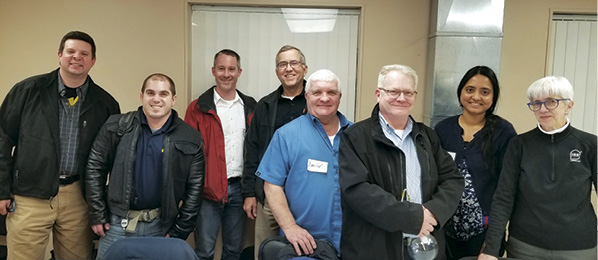NFPA Names Robotics Challenge Scholarship Winner
 The National Fluid Power Association recently announced Caleb Qiu of Midland, Michigan, as the winner of the 2021 NFPA Robotics Challenge Scholarship.
The National Fluid Power Association recently announced Caleb Qiu of Midland, Michigan, as the winner of the 2021 NFPA Robotics Challenge Scholarship.
Despite a number of FIRST Robotics and National Robotics League competition modifications imposed by COVID-19, the scholarship program still received strong applications from students who built their robots using pneumatics.
The scholarship program helps build awareness of fluid power benefits and careers among high school students. The scholarship awards $40,000 ($10,000 per year for four years) to a high school senior who participates in a FIRST Robotics or National Robotics League Competition Team and uses fluid power in the competition robot. The scholarship money may be used to study engineering at any accredited technical college or university in the United States.
Qiu will use the scholarship to pursue an engineering degree at the University of Michigan in Ann Arbor. He already has a background in a number of engineering-related activities.
The NFPA judges who interviewed Caleb were impressed by his knowledge of fluid power and his sincere interest in the judges’ experiences in college and starting off in the industry. The judges were: Bob Hammond of Deltrol Fluid Products, Frank Langro of Festo, Bill Haley of FORCE America, Tom Peterson of HUSCO, Olia Mladenova of HYDAC Technology Corp., Jim Kaas of Iowa Fluid Power, Bradlee Dittmer and Charles Werdehoff of IMI Precision, Tom Blansett of the International Fluid Power Society, Travis Schmidt of Hydraforce, and Jeff McCarthy of SunSource.
In a press release, NFPA issued the following statement from the winner:
My name is Caleb Qiu, and I live in Midland, Michigan. I just graduated from Dow High School and will be attending the University of Michigan College of Engineering next year. In my spare time, I enjoy playing tennis, the violin, and working on various projects I have going on. I served as my school’s varsity tennis captain and symphony orchestra concertmaster. I lead my school’s Smart-Drain-Cover research team, which is developing a moisture-adaptive drain cover that reduces mosquito spawning in city drainage systems. Last spring and summer, I also developed a COVID-19 Exposure Notification app for people to use to reduce the spread of the disease.
I first became involved in FIRST Robotics in fourth grade, when I joined my elementary school’s FIRST LEGO League Team. I was instantly hooked by the hands-on nature of robotics, and FIRST has since been an outlet for me to pursue my quirky ideas and designs and uncover my passions in STEM. In high school, I have served as my team’s Programming Co-Lead, Non-Profit Board Student Director, and Innovation Challenge Lead, exploring my interests in engineering while also developing leadership skills and learning how to apply science and technology to solve problems. I am also involved with FIRST outreach and have gone back to mentor my old middle school robotics team these past four years, working to share my passions for robotics and STEM.
I am looking to apply my engineering interests to the medical field. At the University of Michigan, I am interested in studying computer, mechanical, or biomedical engineering. One area I want to explore is robots with direct medical applications. I am particularly excited about UM’s strong robotics program, with its various projects and collaborations with the UM Hospital. I also look forward to continuing to employ fluid power, as pneumatics and hydraulics will be integral parts of the robots I work with.
This scholarship not only relieves my financial burden of pursuing my education, but allows me to focus on learning and solving problems I care about. It also allows me to spend more time engaging in FIRST Robotics outreach, mentoring local robotics teams, sharing my passions, and inspiring other students to uncover their interests in STEM.
For more information, visit www.nfpa.com.






